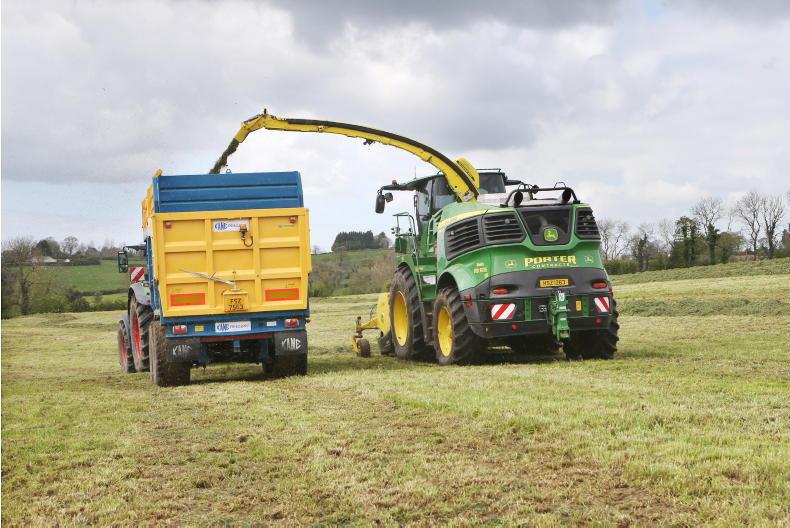One of the fall-outs from the disruption caused to Balmoral Show by COVID-19 restrictions was that some big companies used it as an opportunity to wind down their presence at the annual event.
While that decision is understandable, given the costs associated with setting up a stand and having staff on hand to greet people at the show, it shouldn’t always come down to hard economics.
The show provides a place to meet your suppliers in a neutral setting and remind them how much you value the work they do.
Events
At many food industry events, the farmers who actually produce the raw materials for these businesses often don’t get much of a mention.
When farmers are talked about, it is usually in the context of having to change, be more efficient, embrace even higher standards and take on more paperwork and bureaucracy.
The reality is that the priority on many farms this past few months is not about keeping all the paperwork up to date or getting on with nutrient management plans or carbon audits – instead, it has simply been to get through what has been one of the most challenging periods of wet weather in living memory.
Silage quality has been poor, which has impacted animal performance. Slurry tanks are full, grazing has been extremely challenging and crops have failed in waterlogged soils.
Ground has been slow to dry and on many farms further west, cattle have been housed since last July.
With the weather turning, the pressure to catch up with fieldwork is immense. It is going to take an exceptional summer to make up for the costs incurred in recent months and replenish fodder stocks.
Farmers are resilient people, but that resilience has been fully tested in recent months.
Attaching too many conditions to future payments, or coming up with overly complicated sustainability-related schemes could just force some to decide that ‘enough is enough’.






 This is a subscriber-only article
This is a subscriber-only article










SHARING OPTIONS: